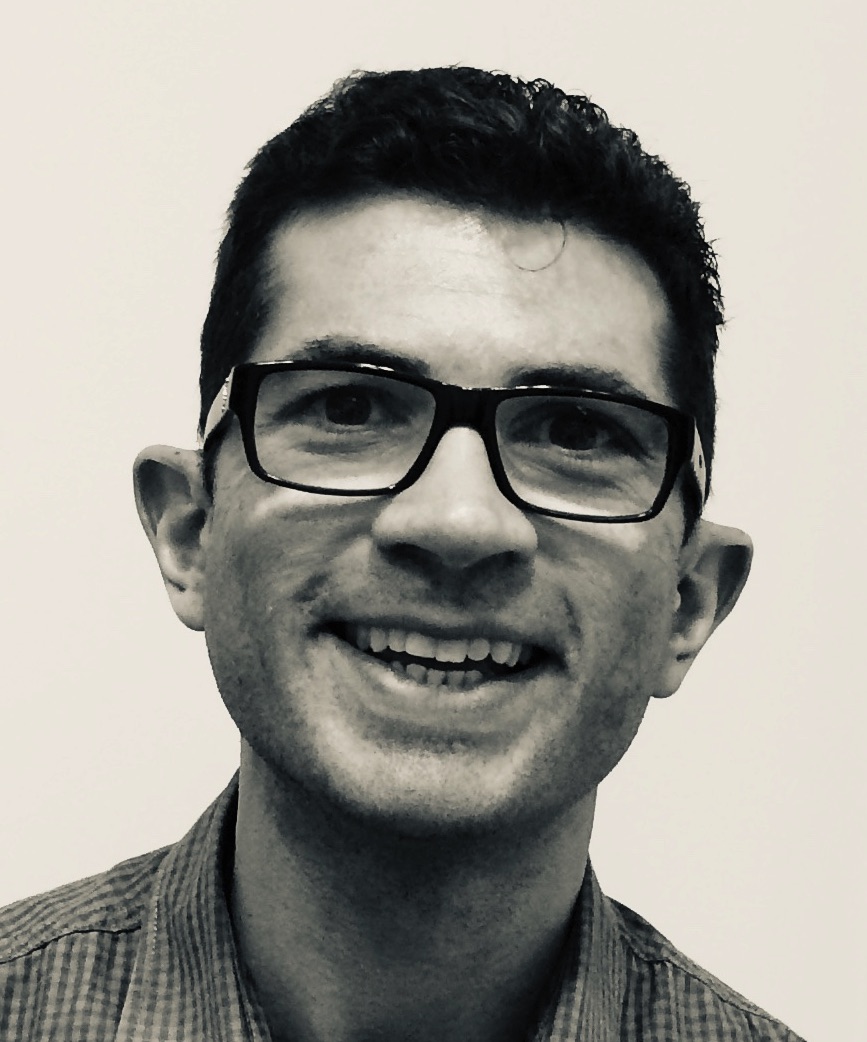
| 02/2016 - present | Research Fellow,
National Centre for Text Mining, The University of Manchester |
| 03/2007 - 01/2016 | Research Associate,
National Centre for Text Mining, The University of Manchester |
| 11/2006 - 02/2007 | Research Assistant,
The University of Manchester |
| 06/2005 - 10/2006 | Knowledge Transfer
Partnership Associate, Lorien, Plc and The University of Manchester
|
| 01/2000 - 05/2005 | Research Assistant,
UMIST/The University of Manchester |
My main research interests lie in Natural Language Processing, in particular information extraction and corpus annotation. I have been involved in the development of resources and user interfaces for a number of NLP systems, as detailed in the Projects section below.
| 08/2022 - present | EPHOR |
| 02/2011 - 02/2013 | METANET4U |
| 03/2007 - 03/2009 | BOOTStrep |
| 11/2006 - 02/2007 | Arabic WordNet |
| 06/2005 - 10/2006 | Knowledge Transfer Partnership |
| 09/2004 - 05/2005 | Parmenides |
| 10/2001 - 08/2004 | DUMAS |
| 01/2000 - 04/2001 | CONCERTO |